Electric vehicles are rapidly changing the way we think about transportation, and for businesses, the shift is even more transformative. Managing a fleet of vehicles—whether for deliveries, employee commutes, or logistics—comes with unique challenges. As more companies transition to EV fleets, one question looms large: how do you ensure all your vehicles stay powered and ready to go?
Fleet charging, supported by commercial EV chargers, is at the heart of this conversation. Unlike individual EV owners who charge their cars at home or public stations, businesses deal with multiple vehicles that need to be charged efficiently and often simultaneously. This makes fleet charging not just a logistical consideration but a key factor in maintaining smooth operations.
In this article, we’ll explore the essentials of EV fleet charging, from understanding its unique requirements to choosing the right infrastructure. Whether you’re managing a handful of EVs or planning for a large-scale transition, having the right charging strategy—and the right commercial EV chargers—can make all the difference.
What Does “Fleet” Mean in EV Charging?
In the context of EVs, a "fleet" refers to a group of vehicles owned or operated by a business or organization. These vehicles are typically used for specific purposes, such as delivering goods, providing services, or supporting employee transportation. Fleet sizes can range from a handful of cars to hundreds of vehicles, depending on the business's scale and needs.
What sets fleet EV charging apart is its scale and complexity. Unlike an individual EV owner who might charge their car at home overnight, businesses must consider how to efficiently charge multiple vehicles, often within tight timeframes. For example, a delivery company operating a fleet of vans might need all vehicles fully charged and ready to hit the road each morning. This requires careful planning and dedicated infrastructure.
To understand fleet charging, it’s helpful to think of it as a system. It’s not just about plugging in vehicles; it’s about managing energy use, optimizing charging schedules, and ensuring vehicle availability at all times. Fleet charging solutions are designed to meet these demands, providing businesses with the tools they need to keep their operations running smoothly.

Why Is Fleet Charging Different?
Charging a fleet of electric vehicles is more than just scaling up the process for individual EVs—it’s an entirely different challenge. When managing multiple vehicles, businesses must address complexities that don’t exist for individual users.
For one, fleets demand a level of coordination that goes beyond simply plugging in. Imagine a logistics company running dozens of delivery vans. Each vehicle has its own route, schedule, and mileage requirements. Charging must be carefully planned to ensure every vehicle is ready to go without disrupting operations. It’s a balancing act: timing, energy availability, and costs all come into play.
Infrastructure also plays a key role. Fleet charging often requires high-capacity charging stations capable of handling multiple vehicles simultaneously. But it’s not just about hardware—software solutions are essential to manage the process. These systems allow businesses to optimize charging times, avoid overloading the grid, and even take advantage of off-peak electricity rates.
Then there’s the question of scale. A single vehicle can rely on a home charger or occasional stops at public stations. A fleet of 50 vehicles? That’s an entirely different story. Businesses need a system that can charge multiple vehicles efficiently without downtime.
Ultimately, what makes fleet charging different is the need for strategy. It’s not just about where to plug in—it’s about keeping operations running smoothly while staying cost-effective and sustainable. The right approach ensures that businesses can meet their goals without missing a beat.
Types of Fleet Charging Setups
Fleet charging is not a one-size-fits-all solution. Different businesses require different setups based on their fleet size, vehicle usage patterns, and operational needs. Here are the most common types of fleet charging setups, each tailored to specific scenarios:
Depot Charging
This is the go-to solution for businesses that operate centralized fleets, such as delivery services or public transportation. Vehicles return to a single location at the end of their shift and are charged overnight or during scheduled downtime. Depot charging offers the advantage of centralized management, allowing businesses to install dedicated infrastructure and control energy usage effectively.
Public Charging Integration
Some fleets, like taxis or ride-share vehicles, are constantly on the move and may not return to a central location regularly. For these fleets, integrating public charging networks into their strategy is essential. Drivers rely on conveniently located public chargers during breaks or downtime. While this approach adds flexibility, it requires careful planning to ensure availability and minimize delays.
Workplace Charging
For businesses where employees use fleet vehicles during the workday, workplace charging provides a practical solution. Vehicles can recharge while parked on-site, ensuring they’re ready for the next shift. This setup works well for service industries or sales teams that return to the office at regular intervals.
Home-Based Charging
In some cases, fleet vehicles may be distributed across various locations, with employees taking them home at the end of the day. Home-based charging solutions equip employees with chargers, allowing them to recharge vehicles overnight. While convenient, this option requires businesses to manage reimbursements and monitor charging activity remotely.
Each setup has its own advantages and challenges, and many businesses combine multiple approaches to meet their needs. By understanding the unique demands of their fleet, organizations can design a charging strategy that maximizes efficiency and minimizes operational disruptions.
How to Choose Commercial Charging Stations
Selecting the right commercial EV charging stations is about balancing your immediate needs with long-term goals. Whether you’re managing a fleet or enhancing customer services, the right choice can streamline operations and position your business for future growth. Here are a few considerations:
Understand Your Business Context
Every business has unique requirements. For example, a retail center might focus on providing accessible chargers to increase foot traffic and shopping time, while a logistics company prioritizes rapid charging to keep its fleet on the road. Solutions that offer flexibility—like modular charging systems—can cater to these diverse scenarios effectively.

Prioritize Efficiency and Future Scalability
Charging speed and capacity are critical. DC fast chargers, such as those offered by Autel, are perfect for fleets or high-turnover locations, ensuring vehicles are charged in minutes rather than hours. For businesses with stable, longer-term parking situations, scalable Level 2 chargers can offer a balance between performance and cost-efficiency. Opting for a solution that allows you to expand your infrastructure as your needs grow helps future-proof your investment.
Look for Smart Management Capabilities
Advanced features, like dynamic load balancing (DLB) and integrated software platforms, make managing charging infrastructure much simpler. Autel’s solutions, for instance, combine robust hardware with a user-friendly charging management system that helps businesses track usage, optimize energy distribution, and reduce operational costs—all while offering a seamless experience for drivers.
By focusing on solutions that align with your operational needs and preparing for future scalability, businesses can maximize their return on investment. Reliable and innovative options, such as Autel's commercial chargers, provide not only powerful performance but also the flexibility and intelligence needed to support a wide range of business applications.
Related: EV Charging Stations: The Hotel Amenity Every Guest Will Soon Demand
Benefits of Installing EV Chargers for Businesses
For businesses, the decision to install EV chargers is more than a practical upgrade—it’s a strategic move that offers significant advantages in customer engagement, revenue generation, and long-term competitiveness. Here’s how EV chargers can add value to a variety of industries:
Attract and Retain Customers
As electric vehicles become more common, offering charging services is increasingly a way to attract a growing demographic of EV owners. Retail centers can benefit from longer customer dwell times as visitors shop while their vehicles charge. Similarly, hotels and restaurants with charging stations gain an edge in customer choice, often being the preferred option for EV drivers planning their trips.
Generate New Revenue Streams
Installing EV chargers opens up opportunities for direct and indirect revenue. Businesses can charge users for electricity, creating an additional income source. Indirectly, the increase in foot traffic from EV drivers often translates into higher sales or service usage, particularly for retail, hospitality, and entertainment venues.
Support Corporate Sustainability Goals
Sustainability is an important part of many businesses’ brand identity today. Installing EV chargers is a visible way to showcase a commitment to environmental responsibility, reducing carbon emissions and supporting greener transportation. This can resonate strongly with environmentally conscious customers and partners, enhancing the business’s reputation.
Stay Ahead of the Curve
With EV adoption accelerating, having charging infrastructure is quickly becoming a necessity. Businesses that act now not only position themselves as forward-thinking but also avoid the future challenges of catching up to market demands. Additionally, government incentives and subsidies can help offset initial installation costs, making it more affordable to adopt EV chargers now than in the future.
Investing in EV charging infrastructure is more than keeping up with the trends—it’s about setting your business up for growth, resilience, and a stronger connection with the evolving needs of customers and employees.
Autel Business EV Charger: A Solution for Every Business
With its advanced features and adaptable design, the Autel Business EV Charger is built to serve a wide range of industries. Its high power output, smart energy management, and reliability make it a perfect fit for diverse business needs:
-
Retail and Shopping Centers: High-speed charging encourages longer customer visits and increases shopping convenience. The user-friendly interface ensures a seamless experience for EV drivers.
-
Hotels and Hospitality: Offering EV charging enhances guest satisfaction and supports your business’s commitment to sustainability, attracting eco-conscious travelers.
-
Corporate Offices: Providing reliable chargers on-site supports employee EV adoption and reinforces your company’s green initiatives.
-
Fleet Management: Minimize operational downtime with efficient, high-power charging designed to keep your vehicles ready for the next route.
These scenarios illustrate how the Autel charger integrates into various business operations, delivering consistent performance while adapting to evolving needs. Its versatile design ensures that businesses of any size can implement a reliable and scalable EV charging solution.
Conclusion
The adoption of EV charging infrastructure is no longer just a technological upgrade—it’s a business necessity. As this article explored, fleet charging presents unique challenges and opportunities for businesses, requiring thoughtful planning, robust infrastructure, and scalable solutions to meet growing demands. From attracting customers to optimizing fleet operations, EV chargers are transforming how businesses operate in a more sustainable world.
Solutions like the Autel Business EV Charger demonstrate how advanced technology can support diverse industries, offering reliability, flexibility, and smart energy management. While it’s an excellent example, the key takeaway is that businesses should choose solutions that align with their specific needs, ensuring efficiency and long-term growth.
By investing in EV charging today, businesses position themselves at the forefront of innovation, sustainability, and customer engagement, paving the way for a future-ready operation.

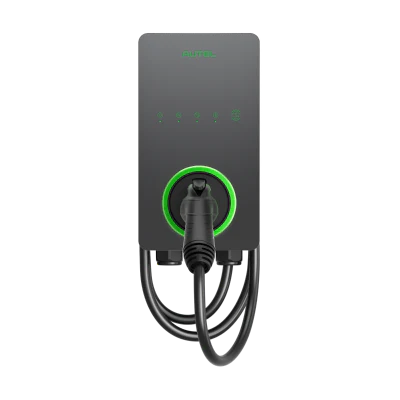
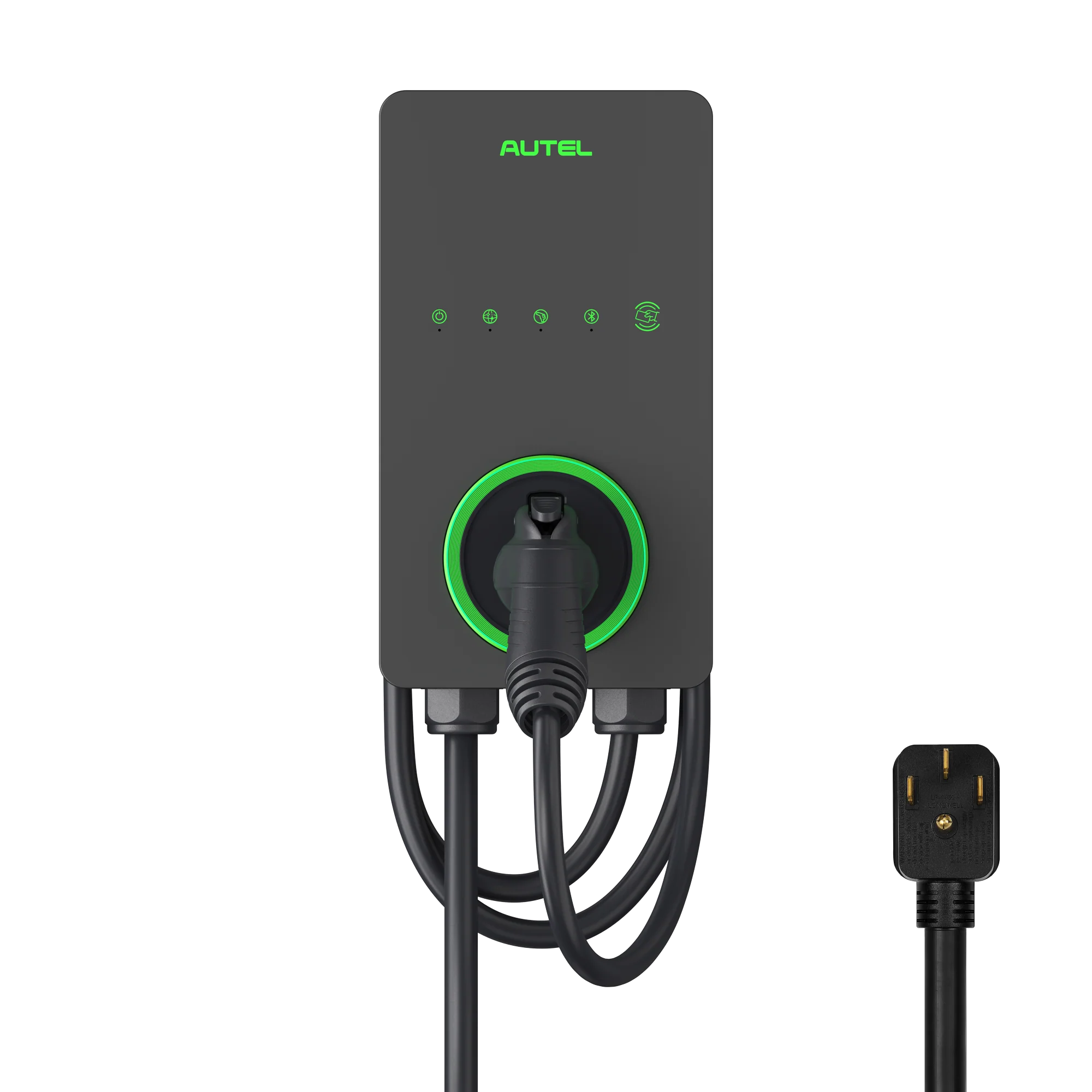
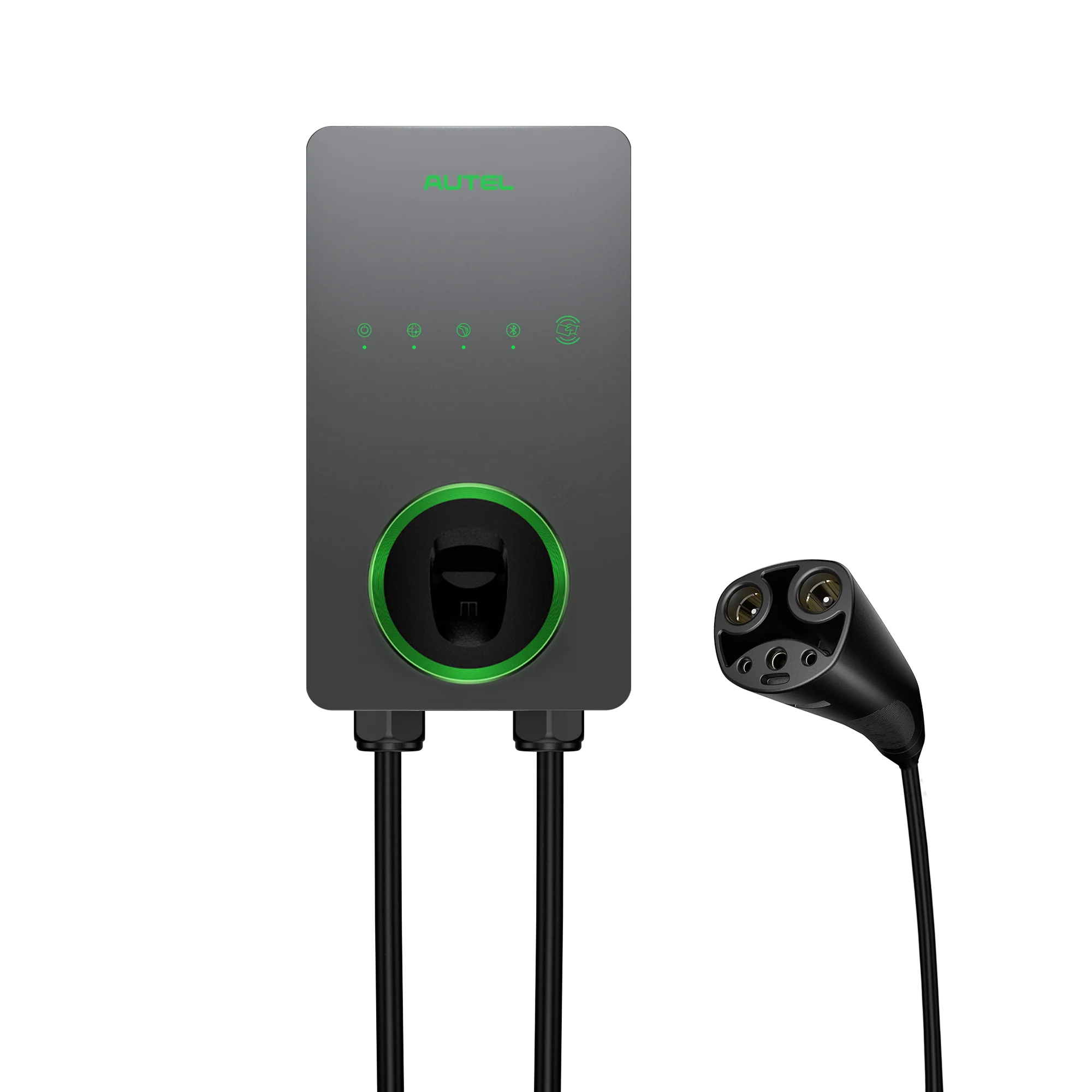
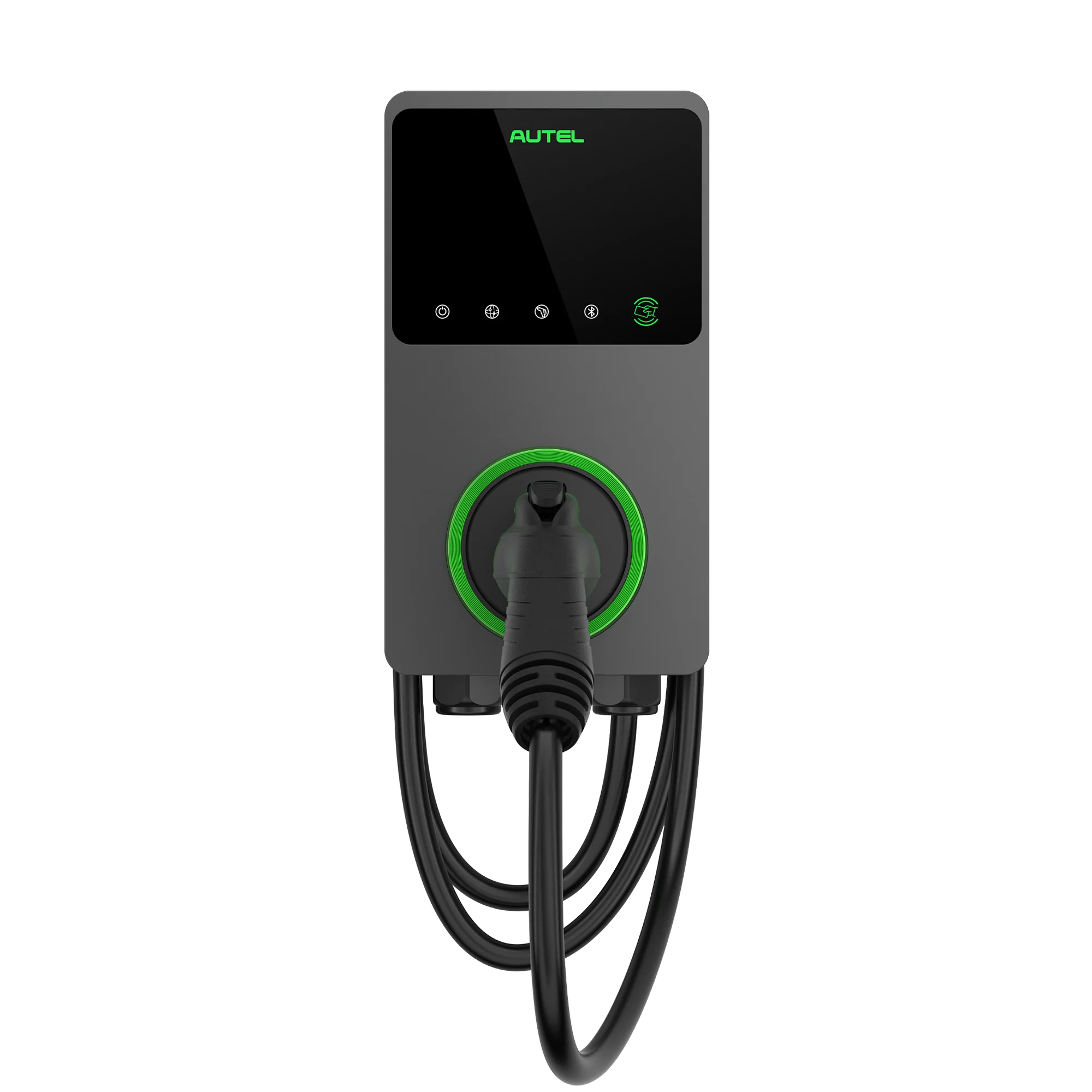
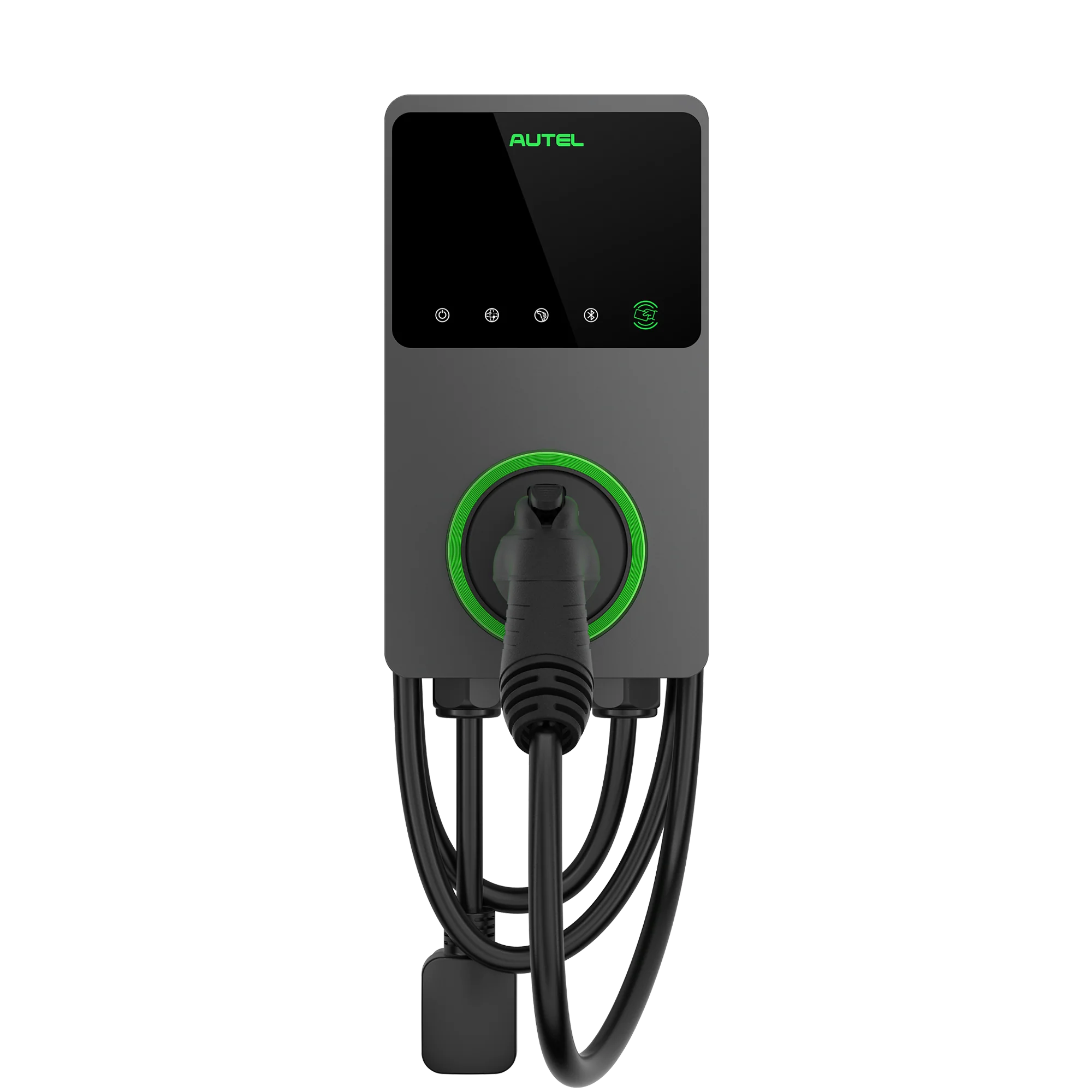

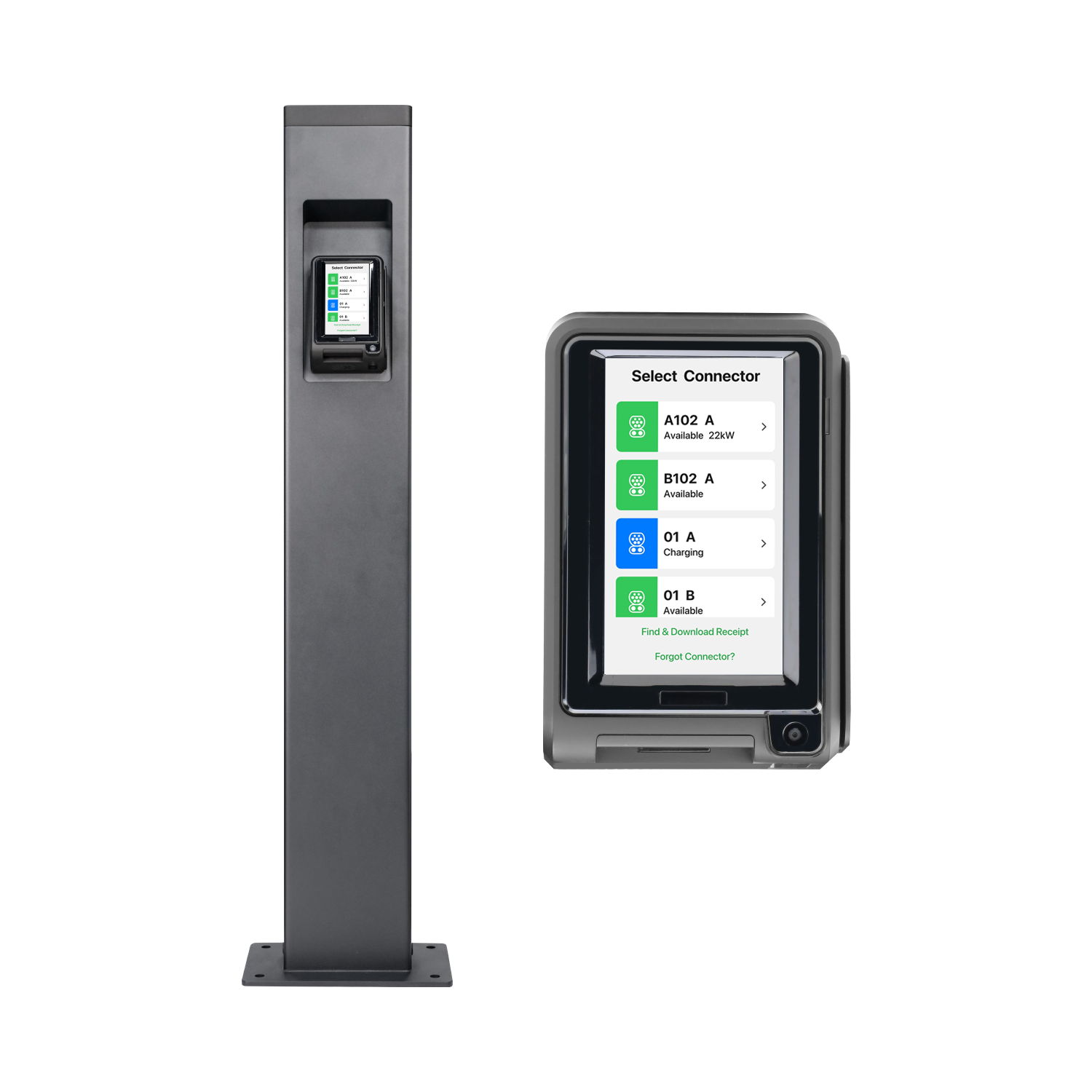
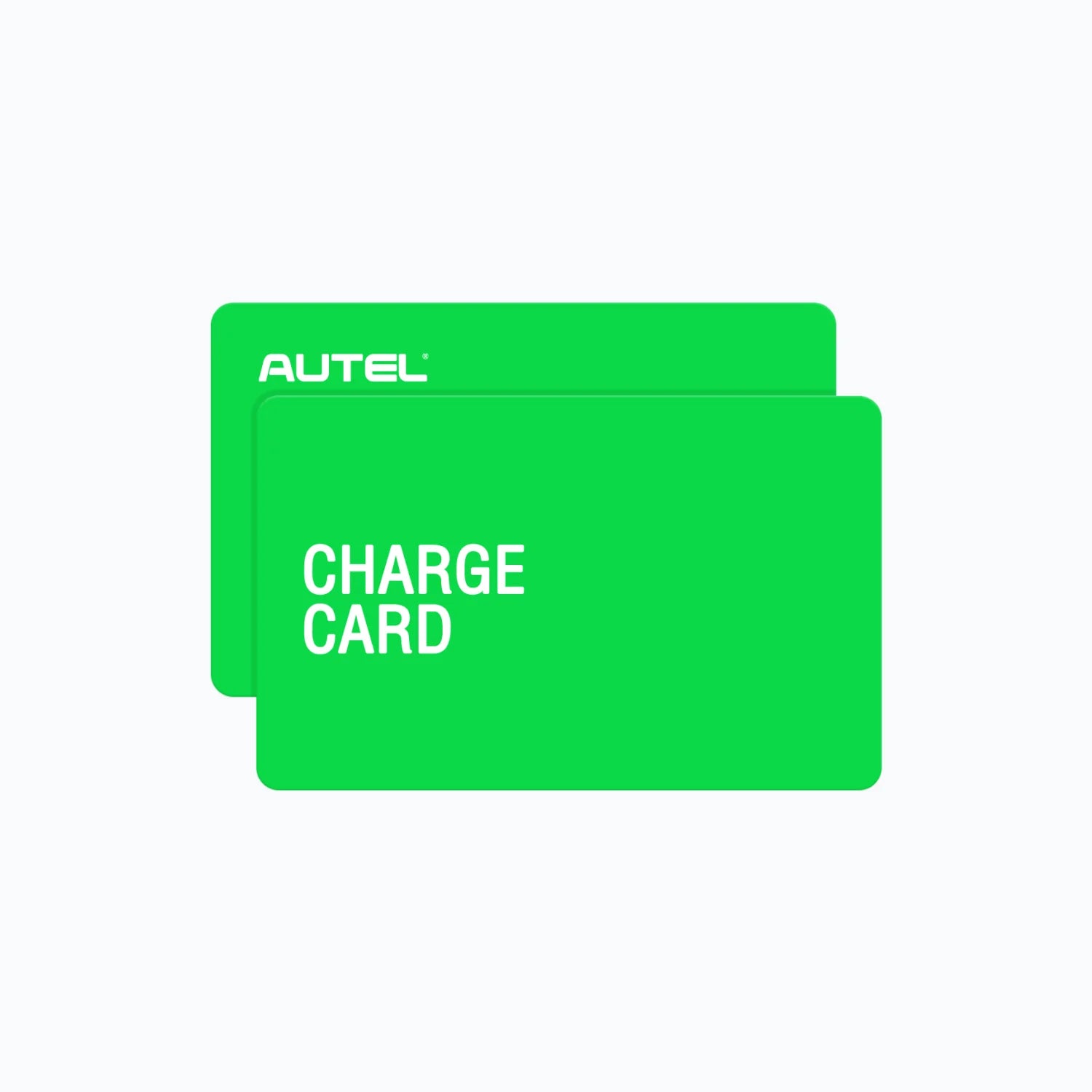
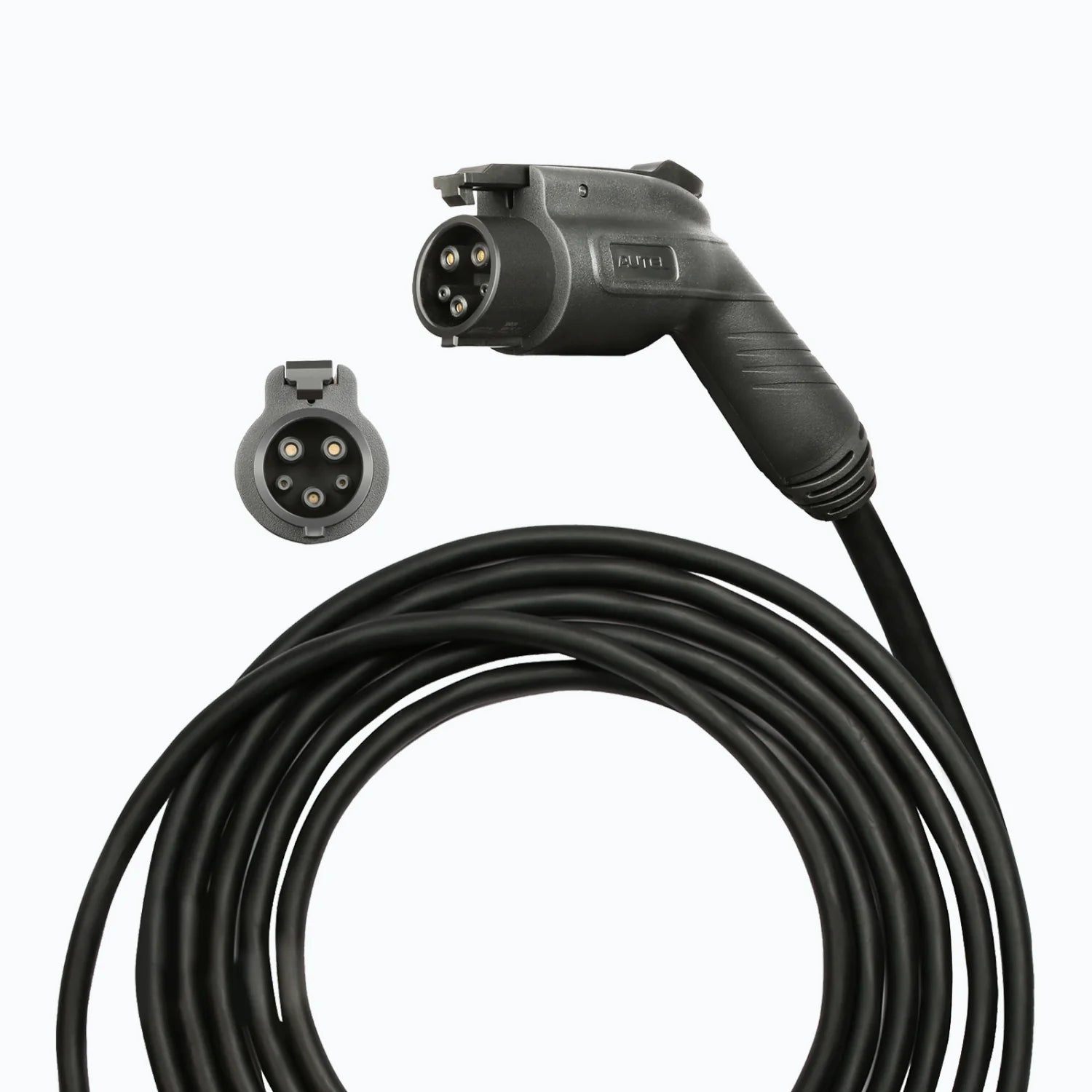
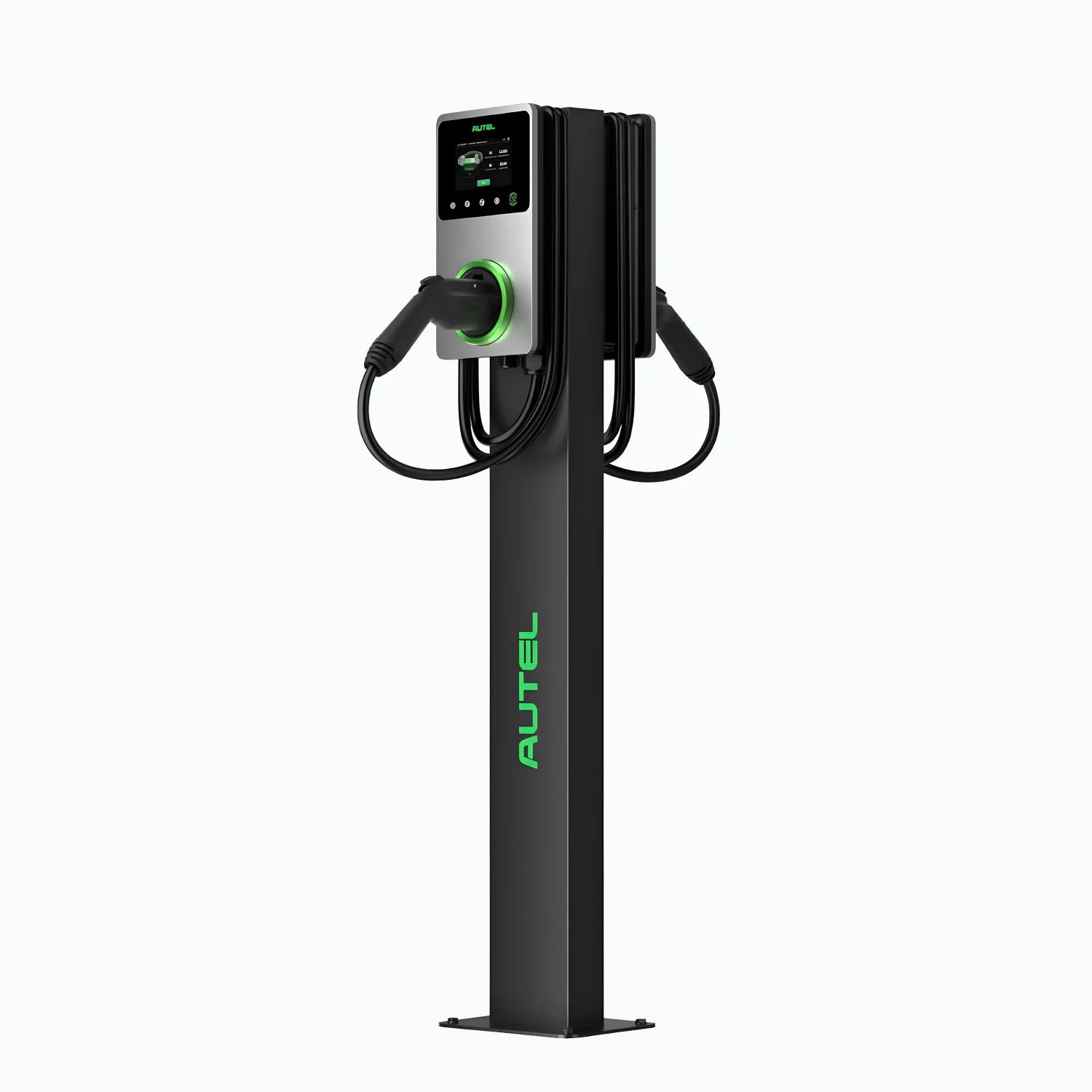
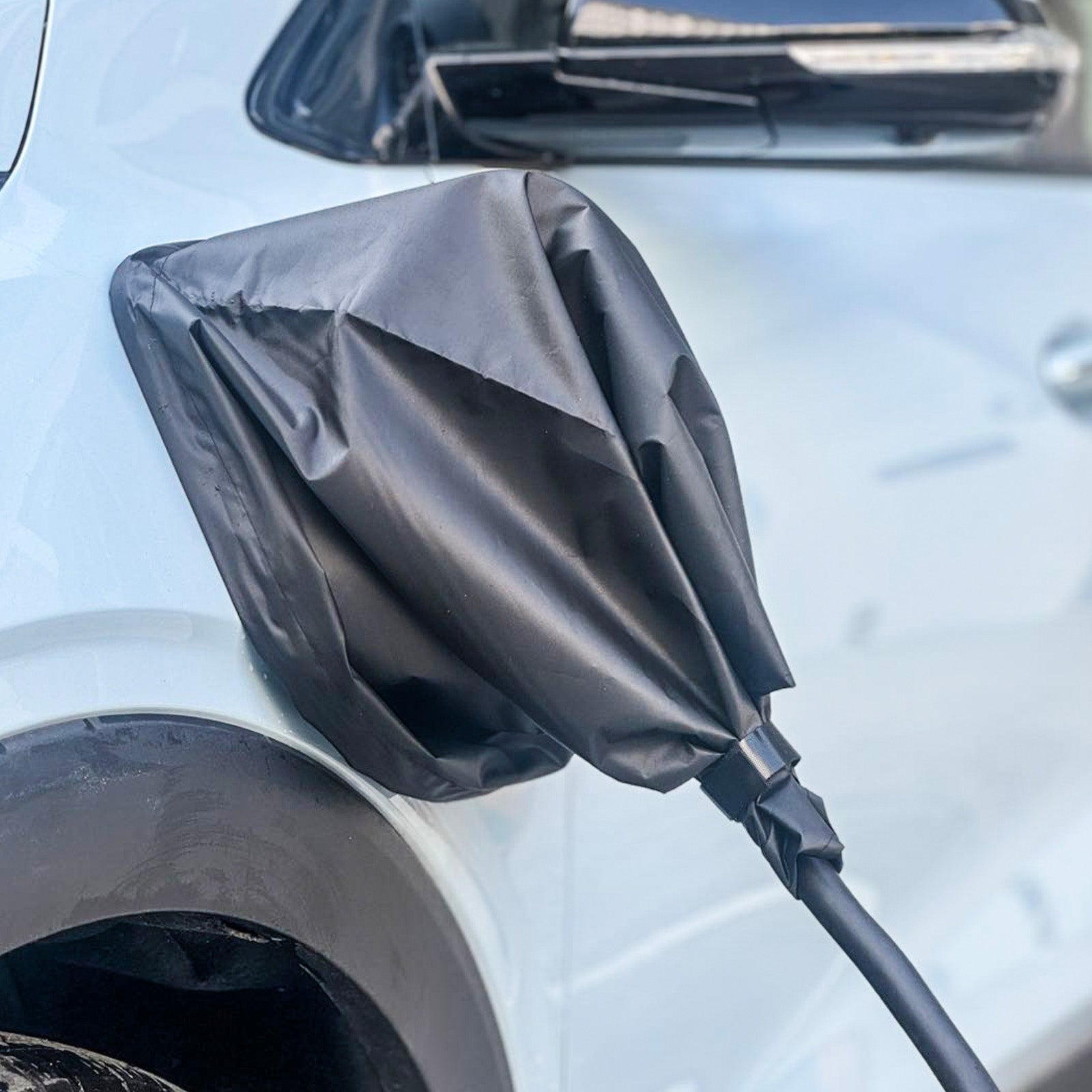
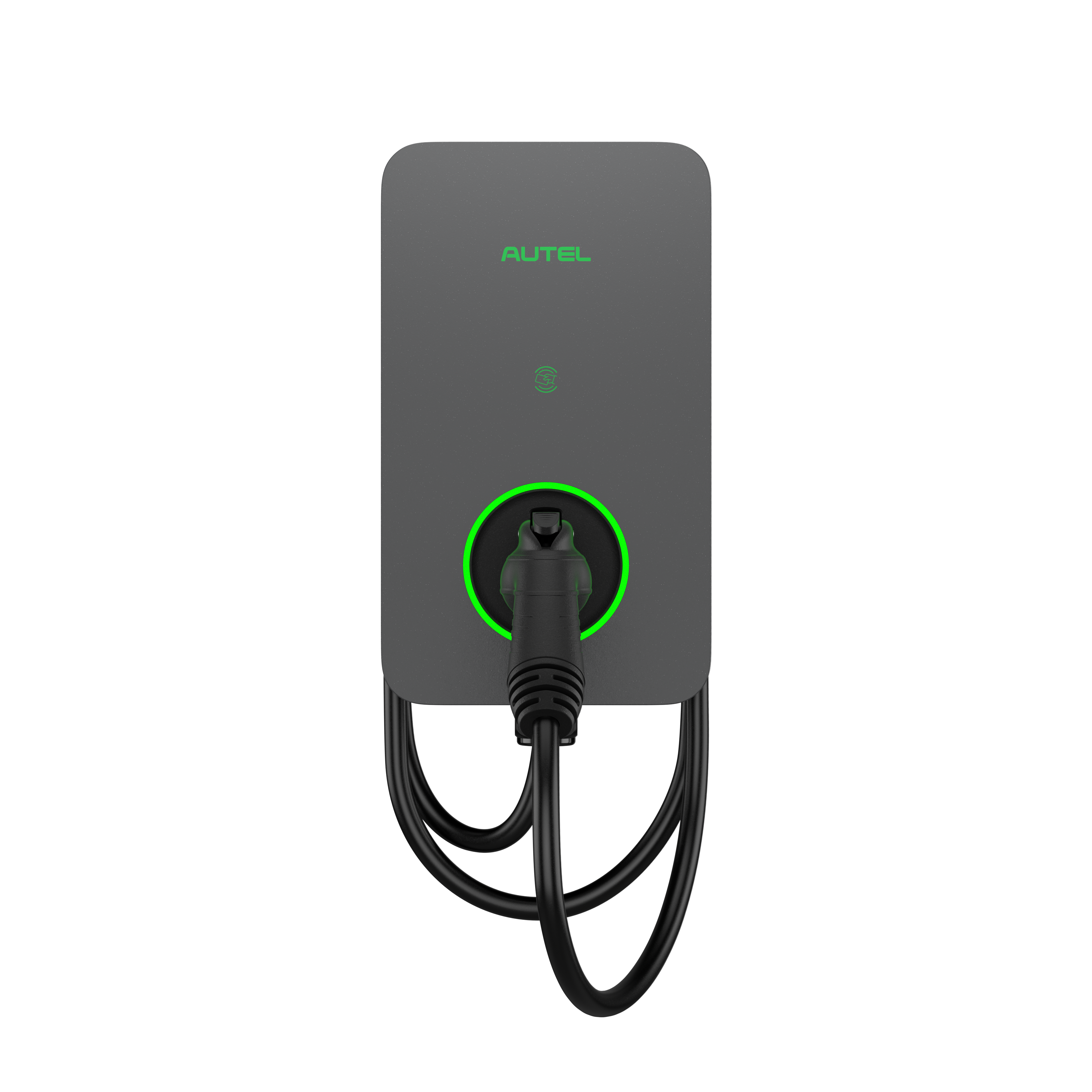
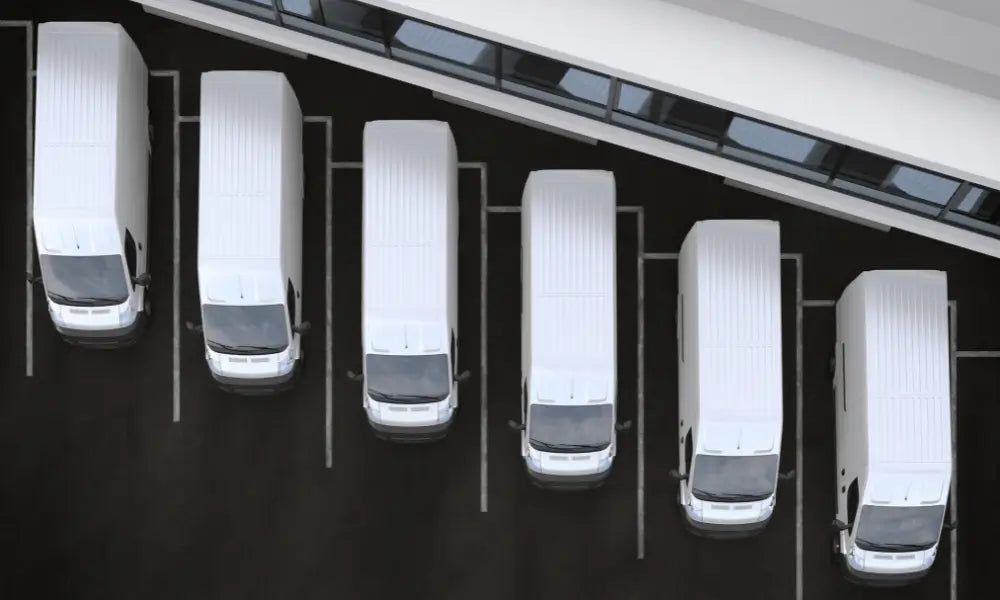
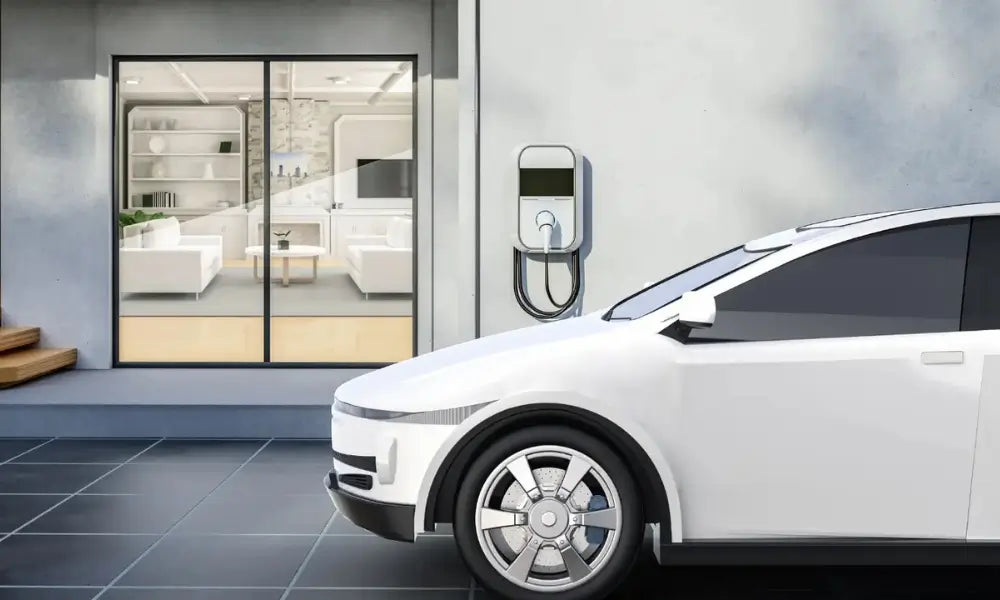
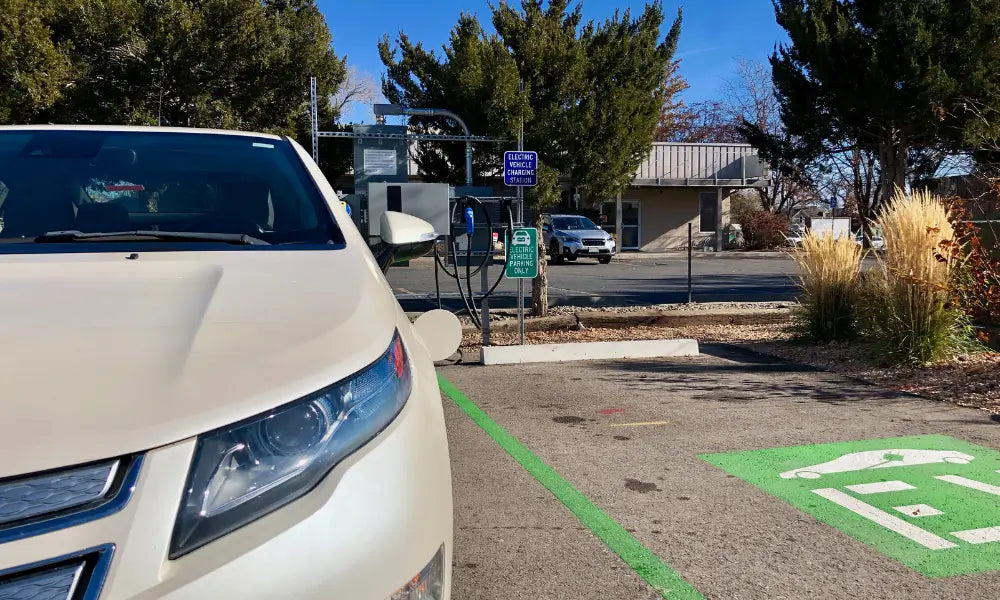
Dejar un comentario
Todos los comentarios se revisan antes de su publicación.
Este sitio está protegido por hCaptcha y se aplican la Política de privacidad de hCaptcha y los Términos del servicio.